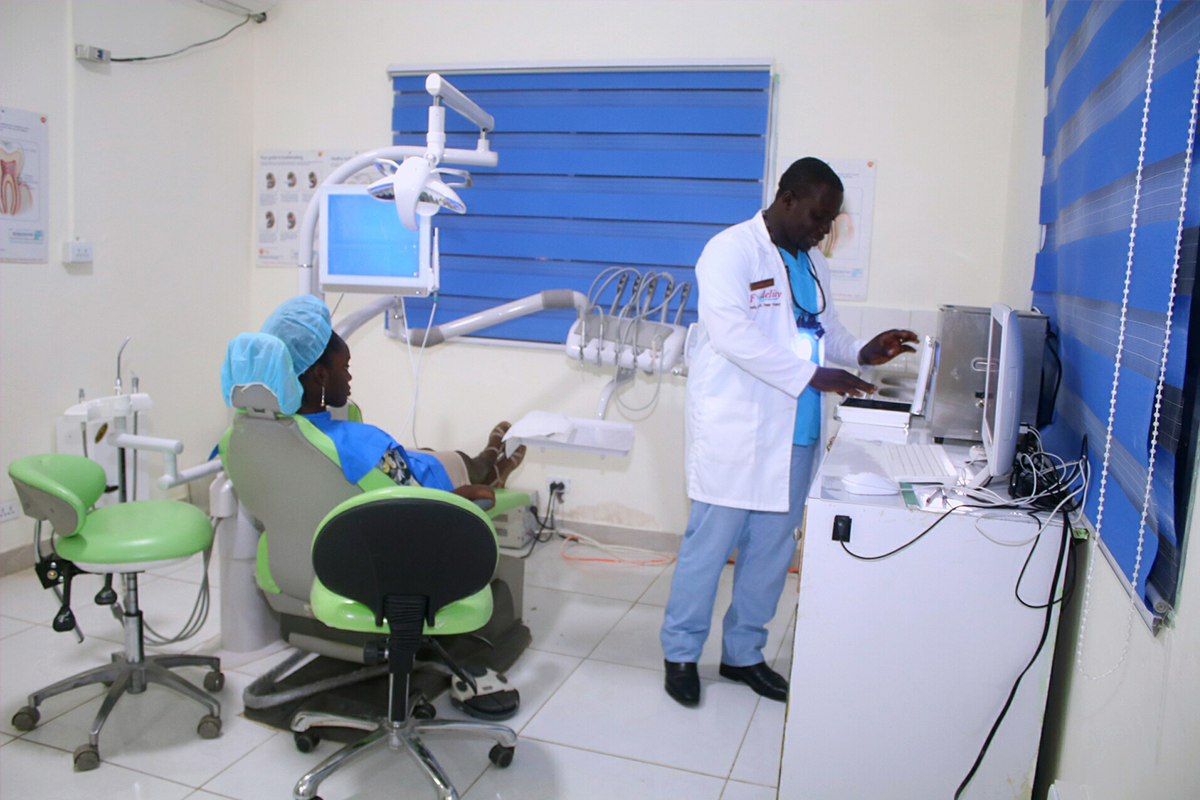What is wrong with medical education and healthcare in Liberia? Is it not straightforward to realize that the two are directly proportional to each other? Alternatively, we can say there exists a negative or positive correlation. Okay! Enough of my statistical terms.
Let’s not become complacent and think Liberia is moving any further in medical education and advancements. I honestly doubt the popular saying, “Things are getting better” when it comes to medical practice or healthcare, or even biomedical research in Liberia. I may sound harsh, but many can agree that, for too long, our dear country has suffered immensely due to problems ranging from poor facilities to hardly trained and/or low number of practitioners. It has been proven in many other countries that as the number of trained health practitioners increases, healthcare quality and access will also increase.
It’s shameful and appalling to see patients (ones that can afford) run to nearby countries that are highly investing in medical education and healthcare for treatment and diagnosis. You must be in a Stage 3 sleep to dream of a single cycle of chemo/radiation/immunotherapy administered in my country. Not forgetting, many regions (especially rural areas) lack access to facilities that will do a whole body PET scan, CT/MRI or a biopsy for diagnostic purposes and provide real-time results.
Is it delusional to think that these problems are fixable? Is it inappropriate to shift blame towards specific parties?
Let me address the issues of physicians. There is serious need for expansion at the A.M Dogliotti College of Medicine in Liberia. To our dear chairman and deans, have there been proposals to the university or the appropriate government ministry to increase the college’s budget which will enable some form of expansion, especially enrollment? I really don’t know if I might get answers, but my eyes have seen enough and my fingers have been twisting and turning for months. With the current shortage of medical practitioners in Liberia, it is unrealistic to think that the low number of students the college admits every year is more than a drop in a bucket.
We have major institutions, including the University of Liberia, United Methodist University, Cuttington University, and Mother Patten College, graduating more than 300 pre-medical students each year. According to reports from the University of Liberia Center for Testing and Evaluation published in August 2019, about 146 candidates sat this year’s entrance exam and only 34 (23.29%) were successful. Also, the lone medical school in the country admits approximately 30-40 students only. I’ve had so many brilliant and passionate young Liberians tell me they gave up on their dreams because they were not admitted. This is a reality that has existed for as long as I’ve been alive. Is this some form of alternate reality or we really do lack visionaries?
Quite sadly, JFK Medical Center and its associates do not have technologies, equipment and appropriate staff that modern medical teaching hospitals possess. Medical graduates are forced into very limited areas of medicine, as there are no means to specialize and branch into other major areas. Other graduates are left to waver or pursue training in other countries. The National Academies of Sciences, Engineering and Medicine indicated that currently, the Liberian College of Physicians and Surgeons ( (LCPS), the college that oversees postgraduate medical training) offers training only in Internal Medicine, Pediatrics, Obstetrics and Gynecology, General Surgery and Family Medicine. Infact, this institution was launched in 2013 and graduated its first class in 2017. The Daily Observer Newspaper quoted one of the vice presidents of LCPS at the July 2019 graduation saying “the current number of physicians in the country is 1,505, far below the recommended ratio of 1 physician per 1000 population set by WHO and only about 8 percent of doctors practicing have had formal or specialized training.” What really saddens me is that we have so many potential physicians with not many paths to learn, grow and serve the citizens. Medical education in our country really need quick-acting visionaries to ensure other programs and paths are available. We need Liberian graduated Urologists, Nephrologists, Radiologists, Pathologists, Oncologists, and Neurologist (Medical and Surgical), etc.
This is ideally the time to push our leaders to make a change. Medical education needs a strategic revolution that will affect the lives of many in Liberia. Other universities and colleges need to dig deeper into establishing their own medical institutions in order to give more students a chance to fulfill their passion and contribute to the overall shortage of practitioners in the country. The government must ensure that its medical facilities are equipped enough to provide trainings to students, and above all, care for patients. Private hospitals and clinics that currently have the best technologies must also join this fight to train the little we have. Lastly, we need specialized physicians that will accept professor and associate professor roles to help guide graduating medical students into different specialties, even if it takes sponsoring medical graduates for trainings/fellowships in advanced countries. Governmental and institutional partnerships that will lead to student exchange with successful foreign medical institutions will prove beneficial. It only starts with increasing the amount of medical students, then providing the necessary instructional tools or training environment, inspiring them to make a change and the cycle continues.
Finally, let us go back to our initial lesson in basic statistics. It takes great partnership and hard work to achieve this direct proportion or positive correlation between medical education and healthcare in Liberia. It’s very tough, but we must fight harder. As Raymond Lindquist puts it “Courage is the power to let go of the familiar.”
Authored by Harry D. Momo, MSc.
Featured Picture by Fidelity Healthcare

